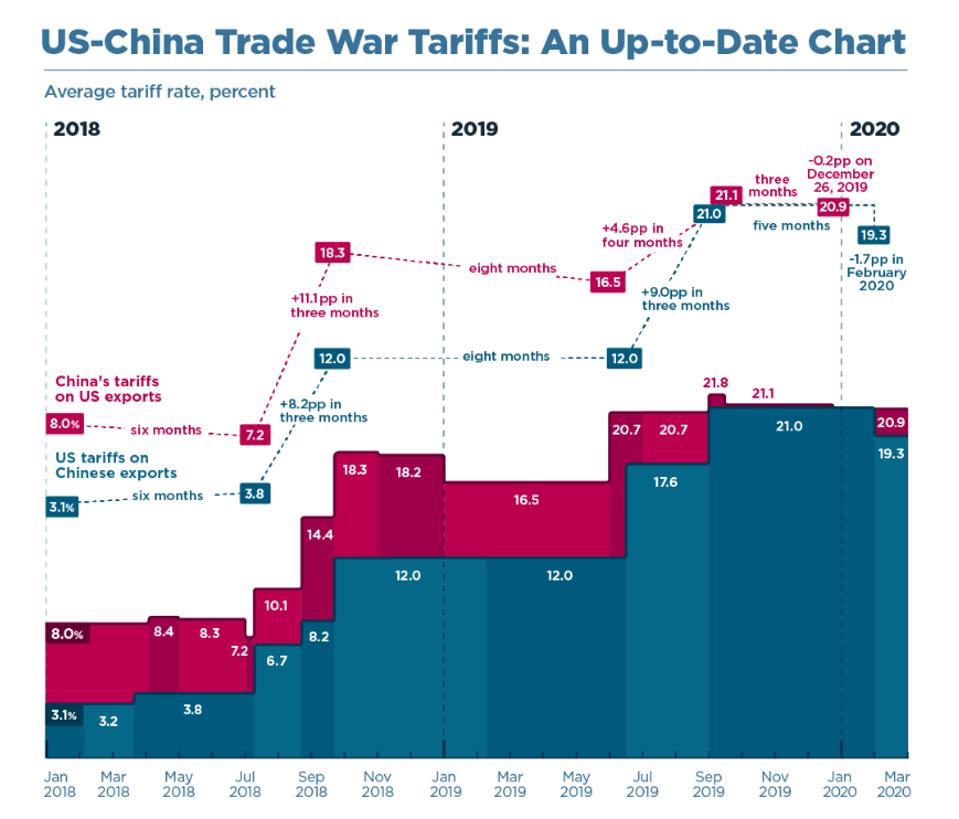Medicaid Cuts: A Republican Divide

Table of Contents
Fiscal Conservatism vs. Social Responsibility
This core ideological conflict drives the debate surrounding Medicaid cuts. Fiscal conservatives prioritize reducing government spending and balancing the budget, often viewing Medicaid as an overly expensive and inefficient program ripe for reform. They argue that the program's current structure disincentivizes work and personal responsibility. Conversely, socially conservative Republicans emphasize the moral obligation to care for the poor and vulnerable, arguing that Medicaid cuts would disproportionately harm these populations and exacerbate existing inequalities.
-
Arguments for cuts:
- Reducing the national debt and achieving fiscal responsibility.
- Promoting individual responsibility and self-reliance through market-based solutions.
- Streamlining Medicaid bureaucracy and eliminating wasteful spending.
- Encouraging state-level innovation and flexibility in healthcare delivery.
-
Arguments against cuts:
- Increased healthcare costs for the uninsured, leading to higher emergency room visits and worse health outcomes.
- Exacerbation of health disparities among low-income individuals, minorities, and rural populations.
- Potential increase in mortality rates among vulnerable populations due to lack of access to preventative and necessary care.
- Increased strain on hospitals and other healthcare providers dealing with an influx of uninsured patients.
Examples of specific proposed cuts include limiting eligibility criteria, reducing reimbursement rates to healthcare providers, and implementing stricter work requirements for recipients. These measures, while intended to reduce spending, often lead to significant negative consequences for those who rely on Medicaid for essential healthcare services. The projected impact varies widely depending on the specific cut and the state in question, but generally involves decreased access to care and poorer health outcomes for millions.
The Impact on Different States and Populations
Proposed Medicaid cuts would have vastly different impacts across states and demographics, highlighting regional disparities and the potential for increased inequality. States with high Medicaid enrollment, such as those in the South and Southwest, would likely face the most significant challenges.
-
States with high Medicaid enrollment: These states would experience substantial budgetary strain, potentially leading to reduced funding for other essential social services. This could result in cuts to education, infrastructure, and other crucial programs.
-
Disparities in access to healthcare: Racial and ethnic minorities, who are disproportionately enrolled in Medicaid, would face significant barriers to accessing quality healthcare. This would further exacerbate existing health inequities.
-
Impact on vulnerable populations: The elderly, disabled, and children rely heavily on Medicaid for their healthcare needs. Medicaid cuts would severely jeopardize their access to care, potentially leading to preventable illnesses, hospitalizations, and even death.
-
Increased homelessness and poverty: The loss of Medicaid coverage could push individuals and families into poverty, increasing rates of homelessness and exacerbating existing social problems. This knock-on effect demonstrates the interconnectedness of healthcare and social welfare.
Intra-Party Divisions and Political Fallout
The internal Republican debate over Medicaid cuts has significant political consequences. This division highlights the tension between the party's fiscal conservative and socially conservative wings.
-
Prominent Republican voices: High-profile Republicans hold strongly opposing views on this issue, leading to public disagreements and internal party strife. This fracturing undermines the party's unified message.
-
Impact on upcoming elections: The debate over Medicaid cuts could significantly influence upcoming elections, particularly in states with large Medicaid populations. Candidates who support significant cuts risk alienating moderate and independent voters.
-
Effect on the party's image: The internal conflict damages the Republican Party's image and appeal to different voter demographics. It could be perceived as insensitive to the needs of vulnerable populations and prioritizing fiscal concerns over human well-being.
-
Potential compromises and alternatives: Finding common ground requires exploring alternative approaches, such as improving program efficiency, preventing fraud, and negotiating with Democrats on broader healthcare reform.
Potential Legislative Outcomes and Alternatives
Reaching a consensus on Medicaid reform requires exploring potential compromises and alternative solutions.
-
Compromise legislation: Negotiating bipartisan solutions that address both fiscal concerns and the need for affordable healthcare is essential. However, the current political climate makes this challenging.
-
Improving program efficiency: Reducing administrative costs, preventing fraud, and streamlining processes can generate savings without cutting benefits. This requires investment in technology and better data management.
-
Bipartisan collaboration: Finding common ground with Democrats on healthcare reform is crucial. This could involve investing in preventative care, expanding access to affordable healthcare, and negotiating broader healthcare system reforms.
Conclusion
The debate surrounding Medicaid cuts reveals a deep ideological divide within the Republican party, pitting fiscal conservatism against a commitment to social responsibility. The implications of these cuts are far-reaching, affecting different states, populations, and the political landscape. The future of Medicaid, and the Republican party itself, hinges on finding a balance between fiscal prudence and compassionate care. Further research into the Medicaid cuts debate is essential to inform informed policy decisions and ensure equitable access to healthcare for all Americans. Engage in the conversation and learn more about the potential ramifications of Medicaid cuts in your state. Understanding the nuances of this debate is critical to advocating for responsible and compassionate healthcare policy.

Featured Posts
-
 Mike Myers Canada Is Not For Sale Snl Shirt A Bold Statement
May 18, 2025
Mike Myers Canada Is Not For Sale Snl Shirt A Bold Statement
May 18, 2025 -
 China Tariffs To Remain At 30 Analyst Predictions For 2025
May 18, 2025
China Tariffs To Remain At 30 Analyst Predictions For 2025
May 18, 2025 -
 Analyzing Marcello Hernandezs Snl Suitcase Dog Performance
May 18, 2025
Analyzing Marcello Hernandezs Snl Suitcase Dog Performance
May 18, 2025 -
 Angels Defeat White Sox 1 0 Moncada And Soriano Shine
May 18, 2025
Angels Defeat White Sox 1 0 Moncada And Soriano Shine
May 18, 2025 -
 Moodys Downgrade Of Us Debt Criticism Mounts From The White House
May 18, 2025
Moodys Downgrade Of Us Debt Criticism Mounts From The White House
May 18, 2025
Latest Posts
-
 Lady Gaga Weighs In On Bowen Yangs Alejandro Ink
May 18, 2025
Lady Gaga Weighs In On Bowen Yangs Alejandro Ink
May 18, 2025 -
 Bowen Yangs Hilarious Reaction To Snls White Lotus Parody With Aimee Lou Wood
May 18, 2025
Bowen Yangs Hilarious Reaction To Snls White Lotus Parody With Aimee Lou Wood
May 18, 2025 -
 Bowen Yangs Alejandro Tattoo Lady Gagas Reaction
May 18, 2025
Bowen Yangs Alejandro Tattoo Lady Gagas Reaction
May 18, 2025 -
 The Wedding Banquet Navigating Love And Tradition In A Gay Relationship
May 18, 2025
The Wedding Banquet Navigating Love And Tradition In A Gay Relationship
May 18, 2025 -
 Bowen Yang And The Fight Against Harmful Conversion Therapy Practices
May 18, 2025
Bowen Yang And The Fight Against Harmful Conversion Therapy Practices
May 18, 2025
